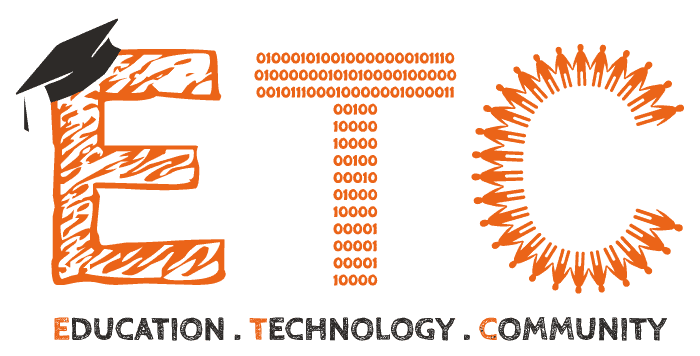Digital Skills for the Future
Since covid-19, there has been a 36% rise in creative and digital skills jobs
The real benefits of digital technology adoption have been seen during the pandemic from 2020 to 2021. Our communication, for work, study or pleasure was forcibly changed to a digital counterpart. Countless more people have adopted video calling, and enjoyed (probably not) the nuances of dealing with each different system: Zoom, Microsoft Teams, Google Meets and more. Schools and companies also used their own platforms as part of their digital strategy because everyone knows, if it’s happened once, it can happen again.
Banking apps were no longer optional but a necessity. Services such as Uber Eats were now seeing even local corner stores listing their milk and biscuits when their shop doors had to be closed.
None of us will want to lose the conveniences that have emerged, but we know that this type of life is not normal and definitely not preferred in the long term. Balance is key.
On the point of balance, it is important to understand that using digital technology in the right way is an employable skill. Many young people are growing up as ‘digital natives’, exposed from an early age, therefore not relying those before them had to adapt and learn to use everything from email to social media. The UK Government has undertaken studies and found that many jobs will disappear in the future, and new jobs will appear – this is largely driven by the role technology plays in our lives and in our economies.
Apart from the simple risk of not being able to find work due to lacking the skills of the future, there is also a logical push towards better productivity. Just like emails essentially put a jetpack on postal mail, there are endless ripple effects in what becomes possible, as technology evolves. Instant chat started out on desktop computers through a slow dial-up internet connection, and has gone global through a pocket computers – smartphones – and wireless data networks. The smartpone in a child’s pocket today is more powerful than a computer the size of a room, when human endeavours started out. Have you wondered how 1, 111, 112 (one million plus) photos can be stored on a memory card (micro SD) smaller than your fingertip? The industries that led that to happen, underpinned by education, skills and jobs?
Be a part of the future economy and future proof your skills but training or upskilling with an Apprenticeship. Digital technology will permeate into all jobs and it comes with it’s own bag of tricks. It takes knowledge and skill to be safe online, to remain in good health and to make it positive as opposed to a negative thing in your life. Consider, that a university degree costs £9,000 per year for 3 years and a job is not guaranteed whereas with an apprenticeship, a job comes as part of the package and your £12-£15,000 training costs are covered by The Government*. This might not be the case forever.
This opportunity is open to anyone with eligible paid employment and if you are not able to find a suitable job role for the qualification you are pursuing, Commun-IT can assist and match you with vacancies provided to us by employers.
If you are considering an apprenticeship, express your interest here and receive guidance from one of our advisors.
*Employers sometimes make a 5% contribution.



